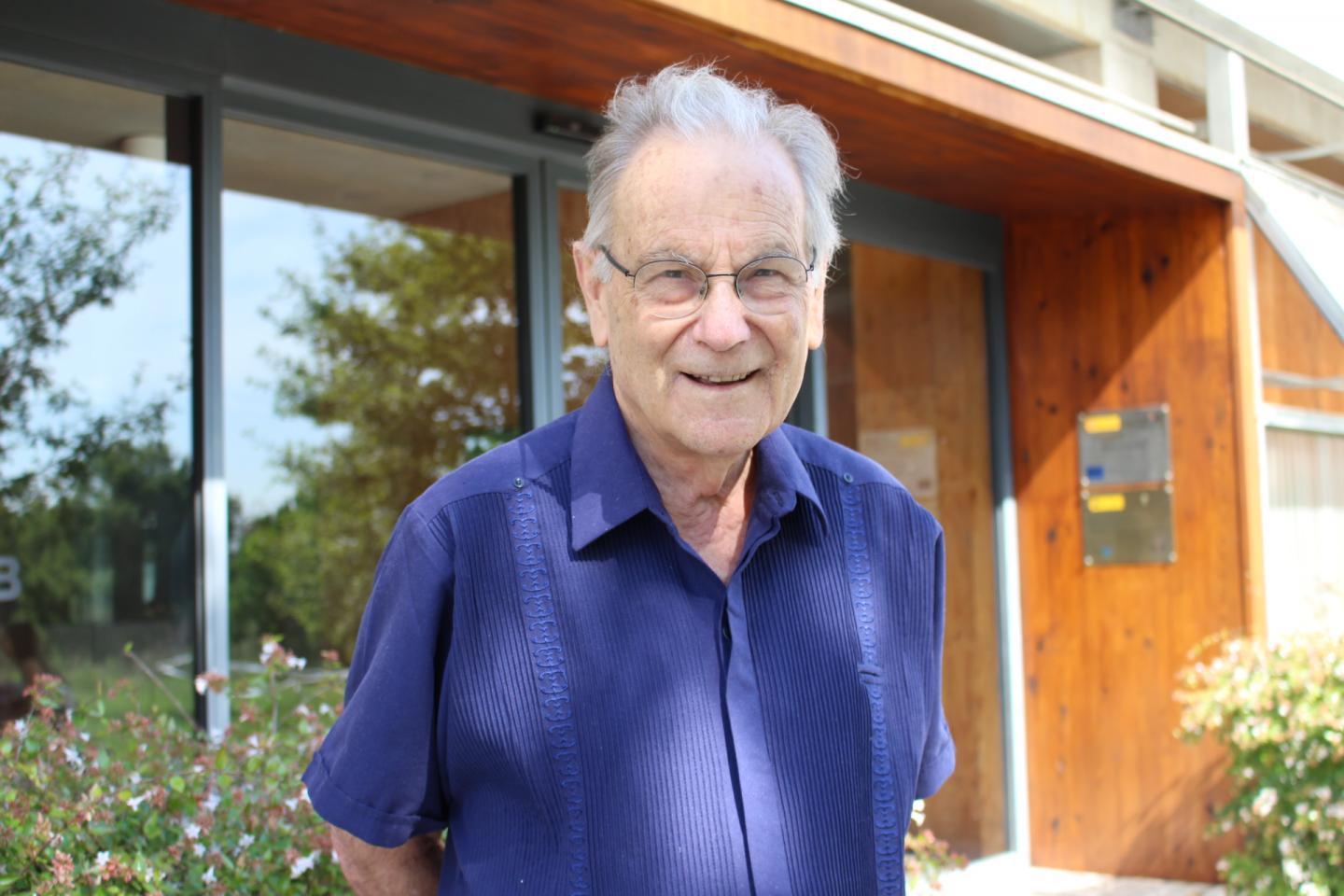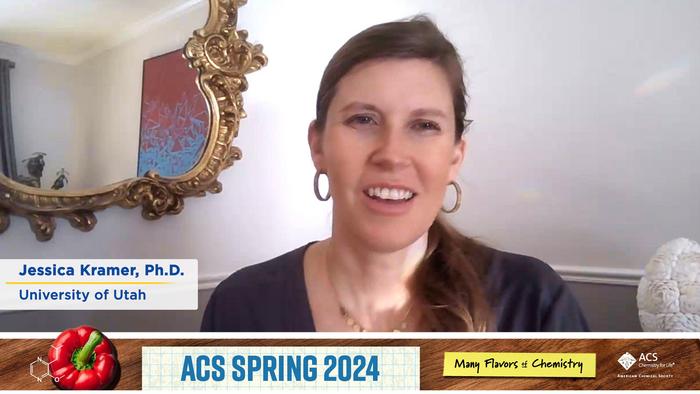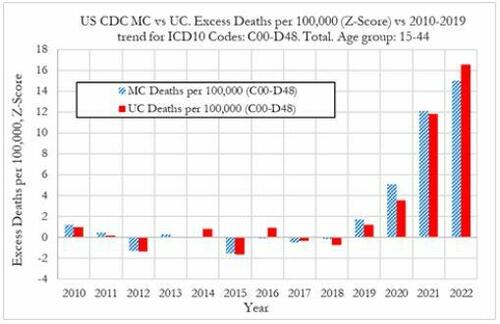Economist Joan Martínez Alier from the Institute of Environmental Science and Technology of the Universitat Autònoma de Barcelona (ICTA-UAB) considers that ecological economics is more necessary than ever as a way to tackle today’s completely “antiecological” economic model which is favouring climate change and destroying our biodiversity. The economist expressed these views after being awarded the 2020 Balzan Prize for “Environmental Challenges: Responses from the Social Sciences and Humanities”, conferred onto him by the Balzan International Foundation in Milan. The award includes a cash prize of €695,000. The Balzan International Foundation highlighted the “exceptional quality of his contributions to the foundation of ecological economics”. His pioneering work on the relations between the environment and the economy has made visible the unequal distribution of natural resources, and the need for environmental justice. Italian President Sergio Mattarella will award the Balzan prize to the four winners on 19 November.
Born in Barcelona in 1939, Martinez Alier is Emeritus Professor of the Institute of Environmental Science and Technology at the Universitat Autònoma de Barcelona since 2010. His main line of research revolves around the relationship between ecology and economics, which has allowed him to research into agrarian history, environmental policies, and resource-based social conflicts. He is the current director of the journal “Ecologia Política”, and among his best-known publications are Ecology and Economics (1984) and Ecological Economics and Environmental Politics (2001) and Environmentalism of the Poor (2005).
For Martínez Alier, these theories have never been more essential than now, because the “contradiction between economic growth and ecology is more evident; we can clearly see that there is a conflict which will not be solved with words. Many speak of a green economy or a circular economy, but these are all terms that seek to dissimulate the existence of this conflict”. He goes on to point out that there is currently a new transition towards carbon: in India for example: “Alternative energy sources are not substituting fossil fuel, but rather adding to it, and there is no indication that this will diminish”. He emphasises the importance of implementing environmental policies, carbon emission taxes, and new technologies to rapidly reduce the use of carbon fuels.
Despite considering it slightly opportunistic to say that the global pandemic is fully related to environmental disasters, “because there have been many pandemics”, he believes that the Covid-19 crisis does put to manifest the shortcomings of the Gross Domestic Product (GDP) in devising economic policies and politics in general. “The lockdown has demonstrated that our GDPs are of no use in measuring these things, because there has been an 8% reduction due to the fall in consumption and mobility, but there has been an increase in domestic work, which is not paid”. He assures that the real problem is that many people have lost their jobs and money, and money cannot be distributed only through paid labour: there is a need for a universal basic income and that is something the Degrowth movement has been demanding for some time now.
He affirms that we must be able to live without depending on this false and ill-measured economic growth, “but climate change and the loss of biodiversity have not yet been imposed as essential political issues… it is not possible to grow economically in an ecological manner”.
Martínez Alier expressed his appreciation for the award, which he considers a recognition of the causes he has defended for decades, such as ecological economy and political ecology: “It is also an aid to give continuity to our scientific project on environmental justice and our work on the Environmental Justice Atlas”, through which researchers make an inventory of the socio-environmental conflicts existing around the world. They have already identified 3,200 cases on the map, most of which are caused by mining activities, land grabbing for plantations and water dams to generate electricity, which mainly affect the poorest communities and indigenous lands.
Since 1961, the Balzan International Founddation has awarded the Balzan Prize to scientists whose contributions are evaluated by an international committee made up of 19 leading figures from different fields.
The Balzan Prize has been awarded, among others, to the writer Jorge Luis Borges, Mother Teresa of Calcutta or the current Spanish Minister of Universities, Manuel Castells. In addition to Joan Martínez Alier, this year’s prize-winners are physicist Susan Trumbore of the Max Planck Institute for Biogeochemistry in Jena, Germany; Jean-Marie Tarascon, lecturer of the Collège de France specialising in electrochemical energy, and the Brazilian jurist Antonio Augusto Cançado Trindade.
###







































